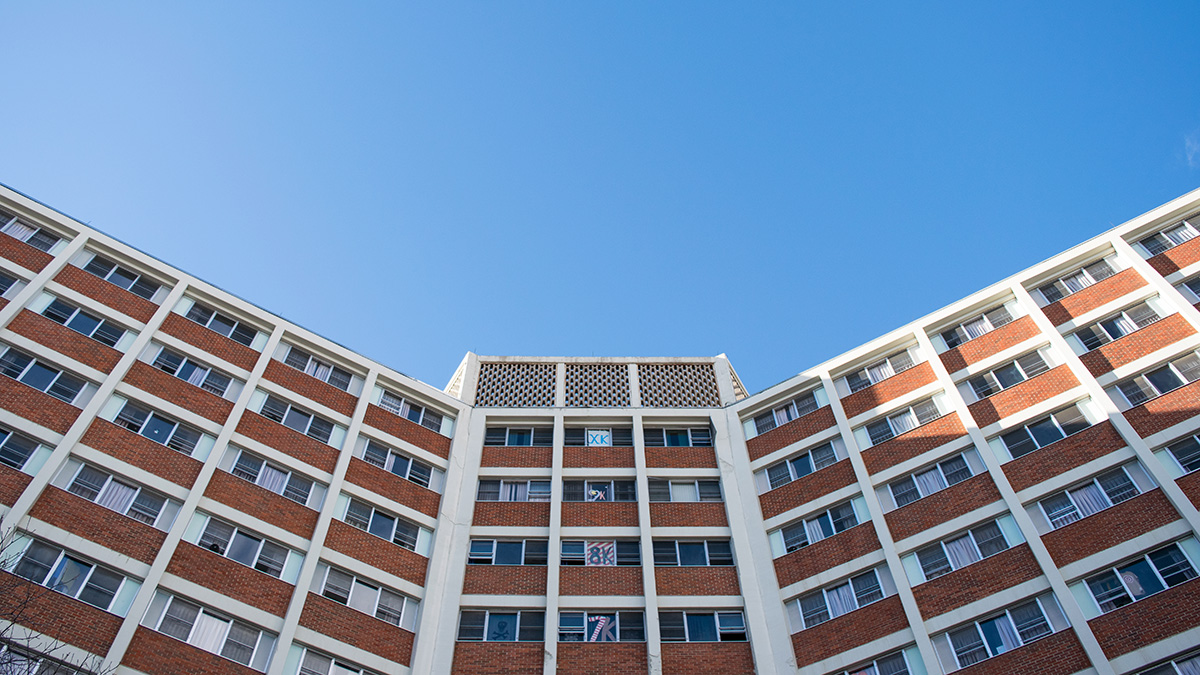New report makes recommendations about residence
 Christina Varvis
Christina VarvisStudents in residence face significant problems with services, amenities, maintenance, and their relationships with residence staff, according to a recent report from a task force.
The Residence Life Task Force, formed in April 2016, was tasked with investigating residence life at the University of Alberta and recommending improvements.
The report’s top five recommendations included:
- A residence oversight committee should be formed to review residence life two or three times a year.
- University administration and student representatives should collectively develop a more positive culture in U of A residences.
- University administration and residence staff should vastly improve how clearly and consistently they communicate expectations, operations, community issues, and maintenance requests.
- The university’s information services and technology unit should fix problems with internet in residences.
- A new roommate-matching questionnaire should be developed.
The task force was composed of representatives from the university administration, Students’ Union, and Graduate Students’ Association, including 2016-17 Students’ Union president Fahim Rahman and vice-president (student life) Francesca Ghossein.
Ilya Ushakov, the current Students’ Union vice-president (student life) and Matt Simpson, president of the newly reinstated Lister Hall Students’ Association (LHSA), both praised the report’s thoroughness and recommendations.
“The team that made up the Residence Life Task Force (was) a group of very experienced, intelligent people,” Simpson said. “I trust very much that that group of people responded appropriately to the evidence presented to them.”
The report stresses the need for better communication between students and staff concerning operational changes, the status of maintenance requests, and discipline and dispute resolution. Ushakov emphasized the need for university staff to actually consult with students on residence issues and not just inform them of changes, such as explaining issues to students, planning to get student input during times that don’t conflict with exams, and laying out a clear strategy for engaging students.
Problems with maintenance were also highlighted in the report, with only 36 per cent of current residents reporting satisfaction with how maintenance complaints are addressed. In response, Ushakov said there needs to be continuing advocacy regarding the university-wide problem of deferred maintenance.
Approximately 1,600 current and former students responded to the task force’s mass email surveys, making up about nine per cent of potential respondents. While Ushakov was enthusiastic about the volume of responses, Simpson was quick to note the low turnout and suggested residence associations work with administration to make sure more residents respond to surveys like these.
“It’s a fairly small sample size to take into consideration these statistics and feel as though they apply to the entire group,” Simpson said.
The development of the residence oversight committee, which will implement the task force’s recommendations, is well underway according to Ushakov. While the vice-president (student life) plans to consult with the Council of Residence Associations and other student stakeholders in his role as one of its members, Simpson said he would like to see seats on the committee for the LHSA and other residence associations.
“I do believe there’s a spot for all residence associations in that committee,” Simpson said. “(The opinions of) residence associations, in accordance with the students… have to be heard when it comes to improvements.”




